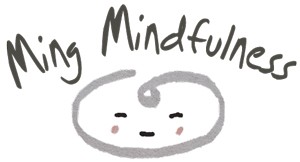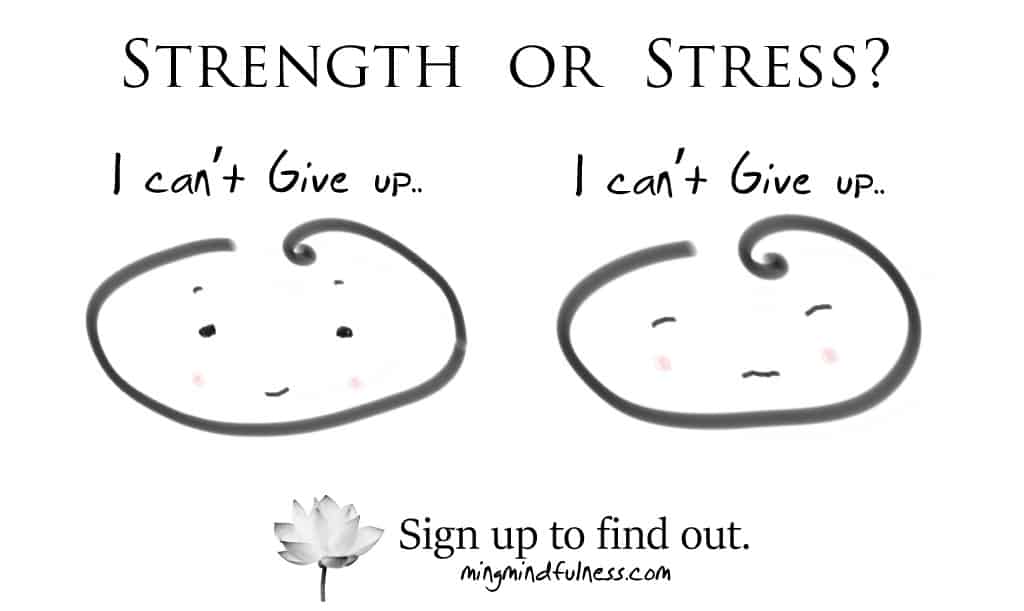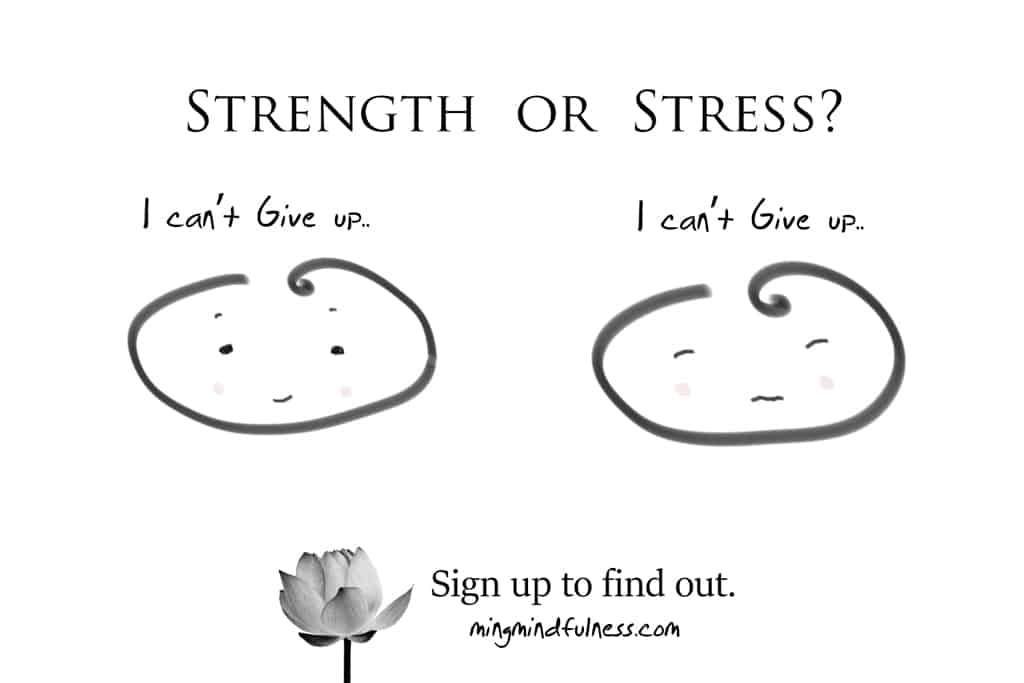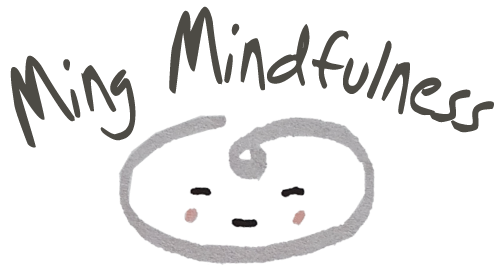
I can do this.
I can’t give up.
Why can’t it be better?
I must stay strong.
Nothing must go wrong.
A thought that arises in your mind is not necessarily a fact/truth. In fact, how much we believe the same thought can fluctuate moment to moment.
Our belief of the same thought might change with mood and context. (Sometimes I believe I am enough; sometimes I absolutely don’t!) Having this awareness gives us the space to observe if we need to react to all our thoughts all the time. It might be a habitual thought instead of the truth.
There is no good or bad thought, but there is wise or unwise reactions. It is part of human nature to sometimes attach or lean towards a judgement. E.g. Too much of a good thing becomes bad when we over-attach to the belief ‘I must not give up’; we might end up creating stress and tension that inhibits our performance. When so-called bad thoughts arise, it is already here, and judgment provides little value. What is more important is building up the skill and resources to be aware. To cultivate the practice to balance the different modes of mind and attitudes, e.g. allowing versus over-striving. In mindfulness, we see this fluctuation and arising of thoughts as part of being human. We do not have to identify with it as a personal fault or weakness.
Our habitual inner talk usually arises out of a good intention (to protect us or to help us). Hence, there can be gentleness and kindness to all that shows up within us, even those that cause us stress. It’s part of being human to have blind spots, and these habitual inner talk sometimes makes us unwittingly give up the opportunities for boundless discoveries and growth.
It can be counter-intuitive and challenging to ‘observe’ our own thoughts. As straight forward as it sounds, there are several skills to cultivate to contemplate our thoughts in a helpful way. E.g. Present moment practices help us ground–to notice actual reality in this moment. Attention practices build on the capacity to stay and observe the shifts in our thoughts and body sensations versus habitually avoiding or reacting to these fluctuations.
Being aware and sitting with our habitual thoughts, even the supposedly positive ones, gives us space to identify the emotions and physical reactions spurred by these thoughts. This is the space for wise responses vs habitual reactions or behaviors. Learning to relate to our thoughts through our body (what sensations or feelings arise in the body when this thought arises) allows us to align our body and mind and facilitate wise responses.
While awareness is the first step, successfully observing our thoughts and building alternative ways of inner talk usually takes multiple repetitions and committed time. We also need to hold that intention to allow ourselves to practice and to let go of wanting to control the ‘type’ of thoughts that come up in our mind.
Even in the mastery of the mind, it is not really about reading or understanding – It is about practicing!
Reflect and Comment below: Do you believe everything your mind tells you? Do you have thoughts you know for a fact are not true, but the thoughts still arise anyhow?









